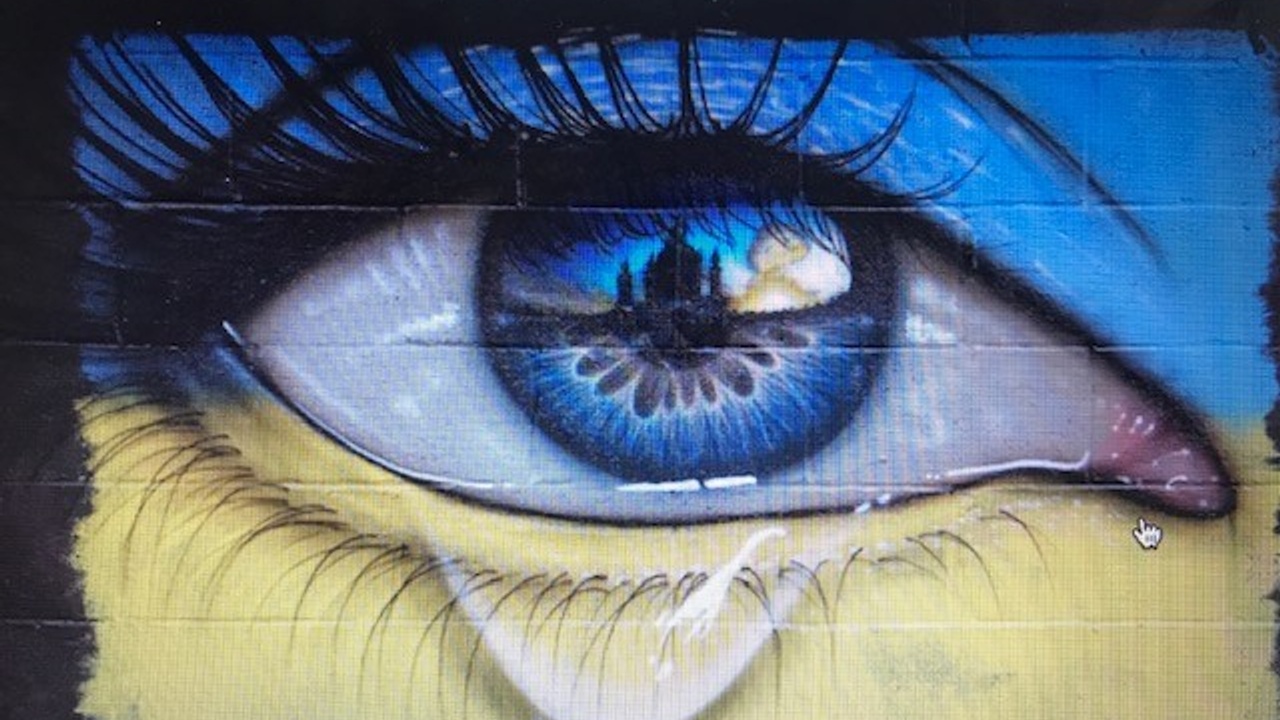Back to School with The HOW People

We think we can all agree that it doesn’t matter how many years ago you left education, we still get that same uneasy feeling of nervousness and excitement every year around this time - but why is that?
Well, for around 14 years and beyond, every September we pushed our vulnerable selves into a new situation, a new group of people and a new year of unknowns.
Sometimes it went well, sometimes it really didn't, and sometimes we may have encountered life-changing friendship shifts.
This was bound to have a lasting effect on us.
September is a bit like the start of a New Year for parents.
New routines.
New commitments.
But with out the pressure of keeping to New Year resolutions.
We’ve pulled together some useful resources below to help make this time a little easier for the young people around us and give us some resources to use to support them.
WATCH
What if no one talks to me?
Will they still be my friend?
What if I don’t get to sit next to any of my friends in less...
How to help anxiety in teens?

HOW can routines help anxiety in our teens?
As adults we make a lot of decisions every day.
Decision fatigue has been present for so many of us over the last few years. Even the simplest of things took a whole series of decisions during the pandemic.
We are not the only ones making decisions.
Teens have lots of decisions to make everyday too.
Smaller decisions like:
What to wear
What to eat
Whether to have a shower in the morning or later
Which piece of homework to finish first
Which messages to reply to first
And bigger decisions:
What options to take
How to revise for a test
Whether or not to go to a party
Who to meet up with on the weekend
Too many decisions to make = an increase in anxiety
Reducing the number of smaller decisions you make leads to being calmer and less stressed giving you time to focus on the other tasks.
One trick for our teens is to have some "certainty anchors” built into your day.
These are things that make parts of our day solid, anchored and unchanged. Ta...
What's on your list?

What is happening in Ukraine is devastating and we can’t imagine what their communities are going through. There may be some of you reading this who have family or friends there who are having to leave their lives behind to seek safety and refuge.
There are no words.
Although you will see some of our usual content this month, we thought it was important to address what is currently happening in some way even if there is no way we can do it the justice it deserves.
As well as taking the opportunity to support those in the midst of the conflict, we also know that many of our young people are struggling with the worry and anxiety that the news is bringing.
Unfortunately, this isn’t the first time recently that the news has caused worry and, sadly, it won’t be the last and many of you may be finding it difficult to explain these events to your children whilst dealing with your own concerns and worries.
Sometimes knowledge and understanding can make it easier for us to digest what is ...
Children's Mental Health Week - HOW can we help?

1-7th February is Children's Mental Health Week.
This year, more than any other, we are seeing more and more children really struggling.
Uncertainty, family stresses, financial worries at home, no school - then school - then no school, not seeing friends, no play dates, no birthday parties, no sport, no clubs, no swimming, no museums, being asked to keep away from friends in the park.
What can we do to help them now and in the months ahead?
What practical steps and ground work can we do now?
1. A little bit of routine
HOW can routines help our anxiety?
As adults make lots of decisions every day but so do our kids, especially teens.
What to wear, what to eat, what to do for the day, what piece of work to finish first.
If you have too many decisions to make then that this can increase anxiety
Try having some "certainty anchors” built into your day.
These are things that make parts of our day solid, anchored and unchanged.
This is harder at the moment without our normal ...

